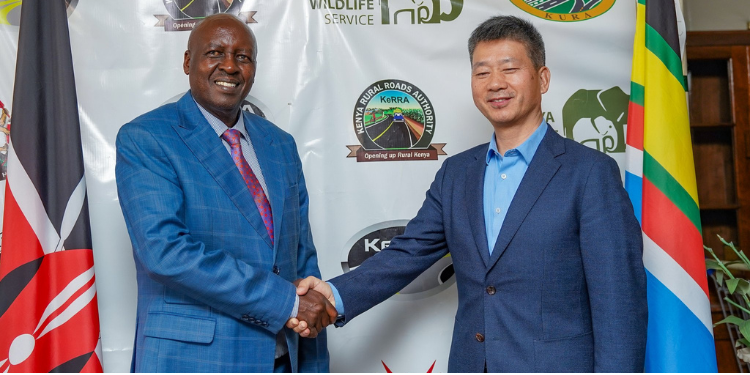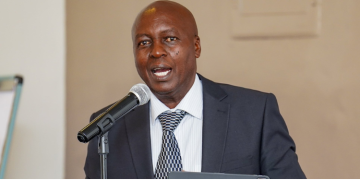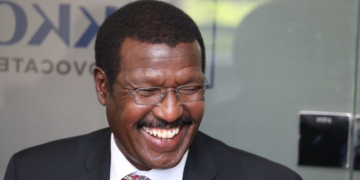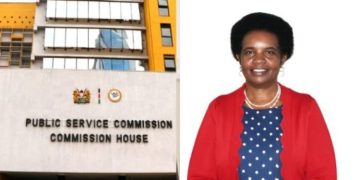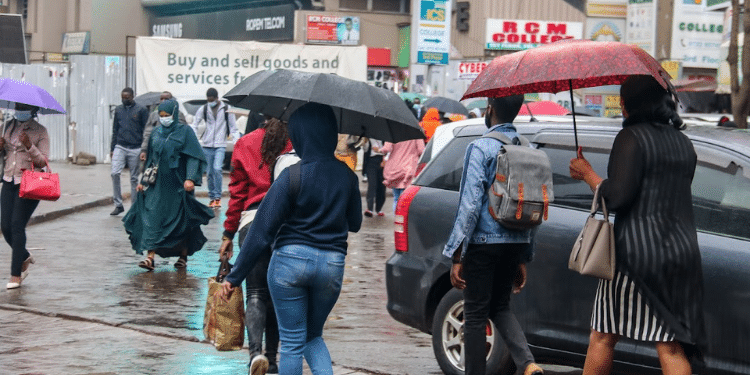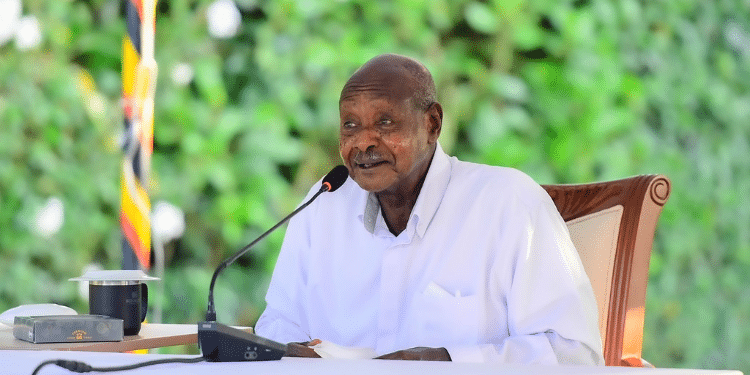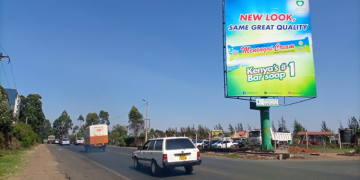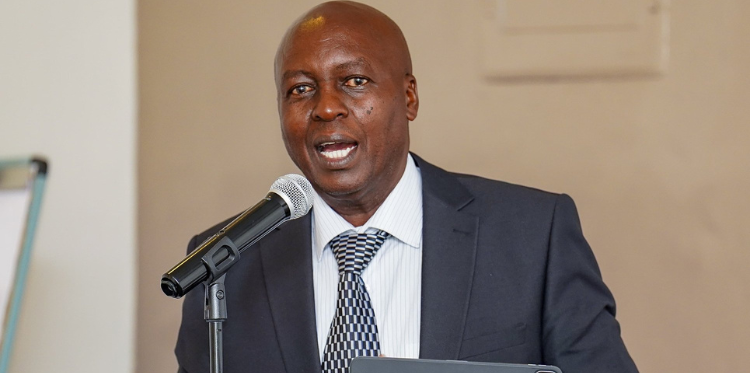Kenya has received two grants totaling Ksh 773.7 million (approximately USD $6 million) from the World Bank to finance preparatory activities for major transport infrastructure projects aimed at improving connectivity, trade, and socio-economic development in regional and rural areas.
According to notices shared by the Kenya National Highways Authority (KeNHA), the grants will support the Lake Victoria Basin Development Project (LVBDP) and the Roads for Rural Economic Development Project (RREDP), both of which fall under the transport sector.
KeNHA stated that each project has been allocated US$3 million (Ksh386.85 million) for preparations, which include the procurement of goods, non-consulting services, and consulting services under the proposed projects.
Lake Victoria Basin Development Project (LVBDP)
The LVBDP, funded under Grant No. E5920 seeks to enhance the movement of people and goods within the Lake Victoria Basin region and strengthen regional integration.
According to KeNHA, the project focuses on improving transport corridors and digital connectivity to facilitate trade and socio-economic growth.
Key components include:
- Improving Movement and Digital Services — Upgrading transport infrastructure and digital systems to ease mobility and communication.
- Facilitation of Regional Trade and Transport — Enhancing cross-border trade efficiency within the basin.
- Access to Basic Socioeconomic Services — Expanding infrastructure to improve access to health, education, and other essential services.
- Institutional Strengthening — Building capacity within transport and related institutions for sustainable management.
Roads for Rural Economic Development Project (RREDP)
The second grant, under Grant No. E5930 targets rural connectivity through the RREDP.
The initiative aims to reduce isolation in rural areas, improve access to markets, and stimulate economic activity by upgrading critical road networks.
The project’s main components are:
- Road and Bridge Improvement — Rehabilitation and construction of roads and bridges in selected rural areas.
- Access to Basic Services — Enhancing transport links to schools, health centers, and markets.
- Digital Connectivity — Expanding ICT infrastructure to support rural development.
- Institutional Strengthening — Improving governance and technical capacity within transport agencies.
Similar to LVBDP, procurement will follow World Bank Procurement Regulations, with contracts advertised on KeNHA’s website and major newspapers.
Consulting services will cover feasibility studies, engineering designs, inland water transport development, and supervision of works, including fiber optic installations and socio-economic impact assessments.
Implementation and Compliance
Both projects will adhere to the World Bank’s Procurement Regulations for IPF Borrowers, first published in July 2016 and revised in February 2025.
Eligible firms and individuals are invited to participate in the bidding process, which will be conducted transparently in accordance with international competitive procedures.
KeNHA emphasized that these projects are crucial for enhancing regional trade, reducing transportation costs, and promoting inclusive growth.
By integrating digital infrastructure with physical connectivity, the initiatives aim to position Kenya as a regional hub for commerce and innovation.
Also Read: Kenyatta University Hospital Announces 99 Job Openings Across Key Departments
Interested bidders can access detailed information and submit proposals through www.kenha.co.ke or contact KeNHA’s Supply Chain Management office at [email protected].
Why the World Bank Grants Matter to Kenya
KeNHA requires over Ksh653 billion for its five-year road expansion plan but faces a budget shortfall of Ksh259 billion.
Limited Treasury allocations have forced KeNHA to rely heavily on Public-Private Partnerships (PPPs) and toll roads.
KENHA has also reported that many projects experience significant delays due to slow procurement processes, budgetary limitations, and land acquisition disputes, which affect the timely completion of KeNHA projects.
Also Read: Kenya Responds After Hackers Took Over Key Government Institutions
Roads like the Kisumu–Busia Highway have deteriorated into dangerous conditions due to years of neglect and inadequate maintenance.
Mega projects such as the Nairobi–Mombasa Expressway under PPP have faced financial restructuring and investor withdrawal, making such grants from the World Bank of high importance.
Rising costs of materials and inflation have also strained budgets, making it harder to complete projects within initial estimates.
Follow our WhatsApp Channel and X Account for real-time news updates.
